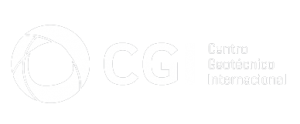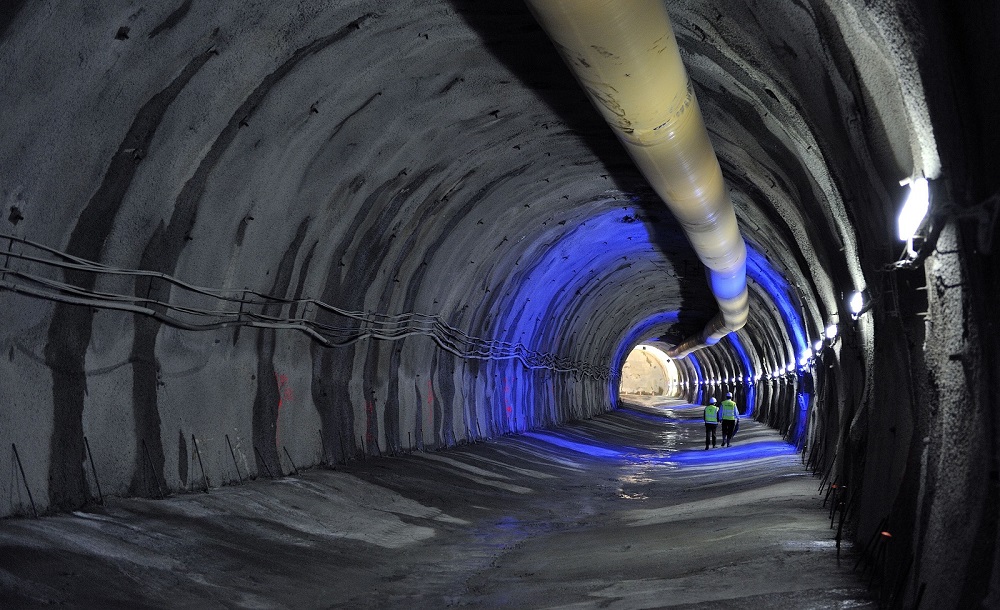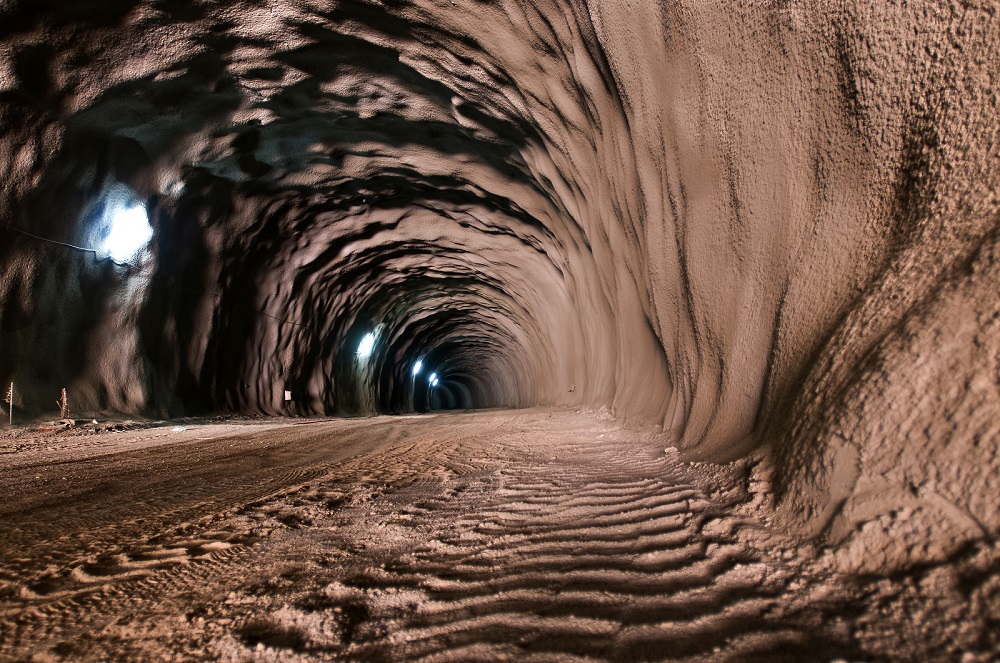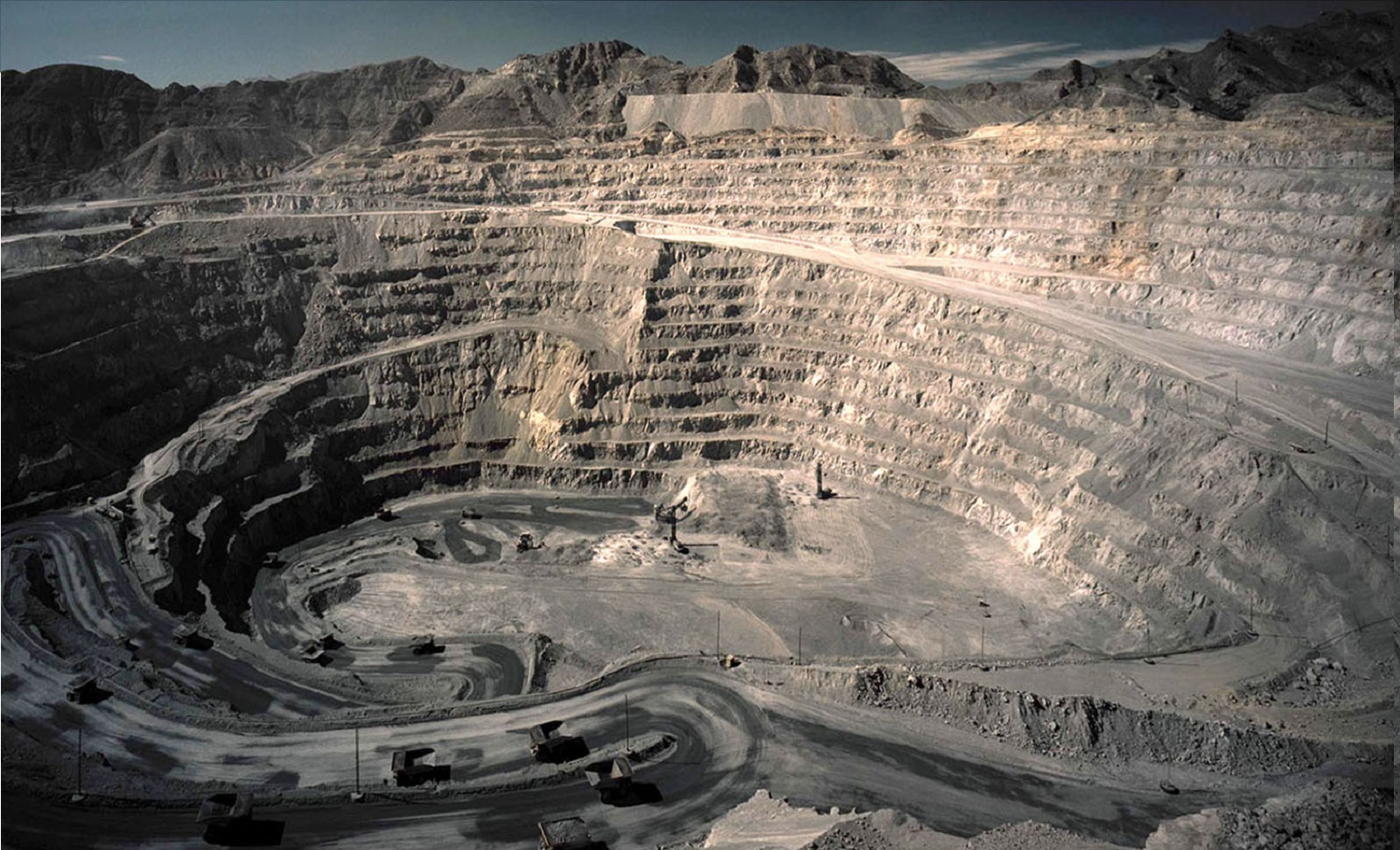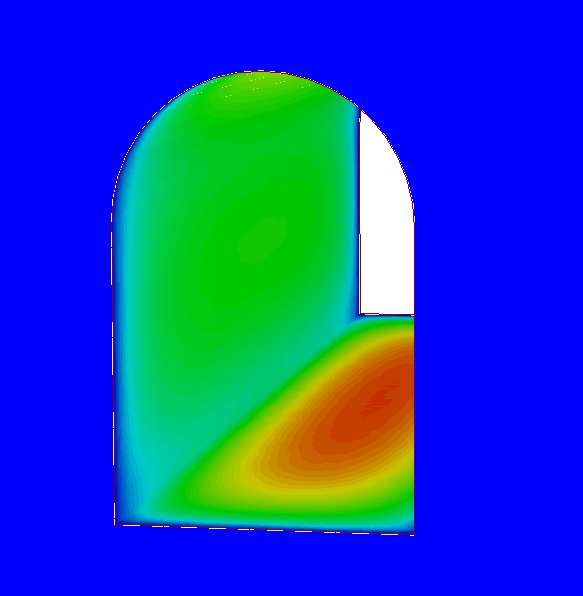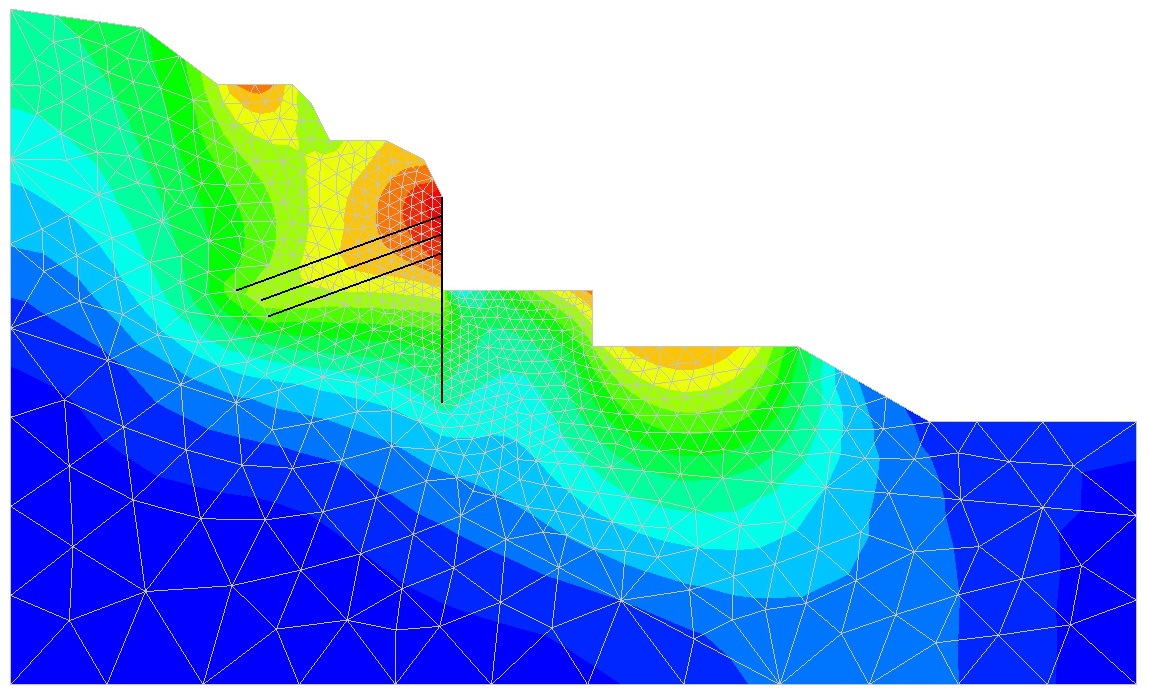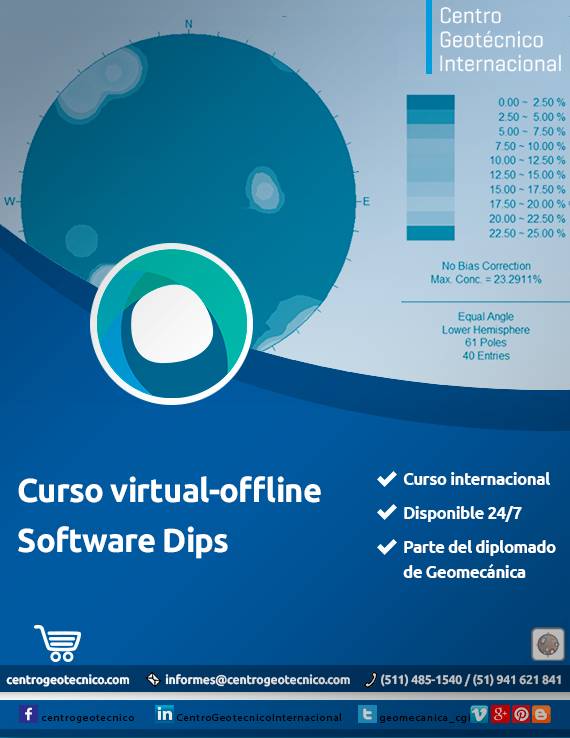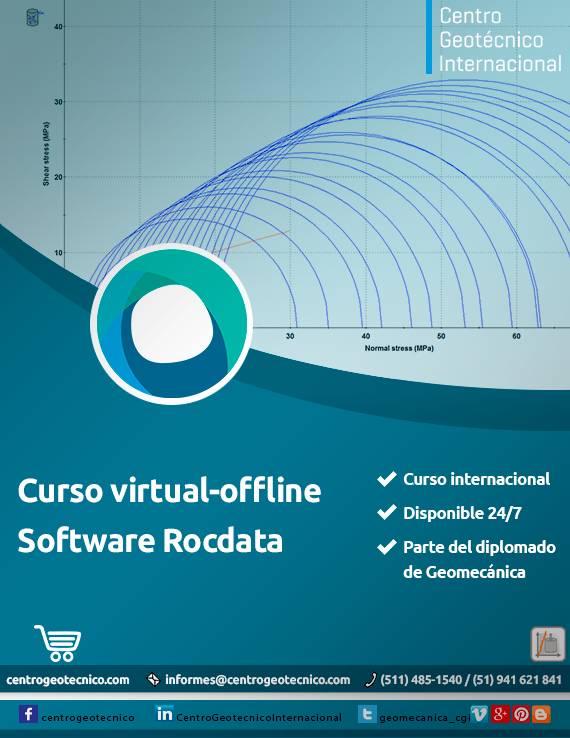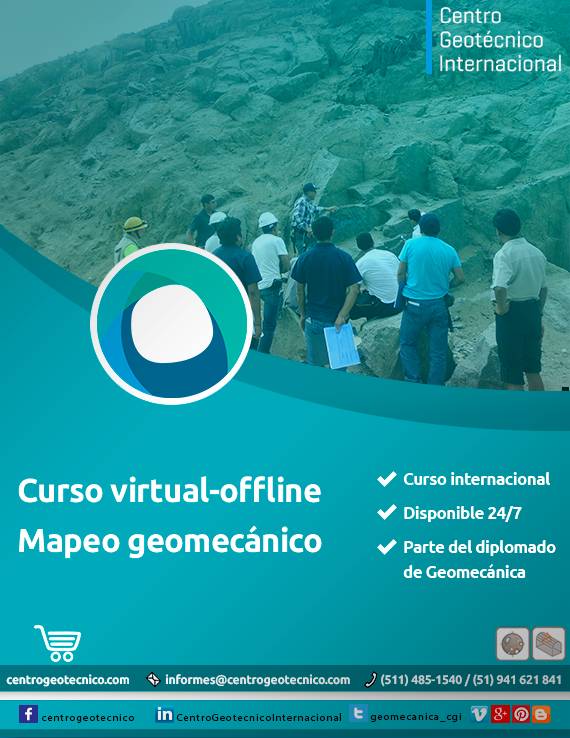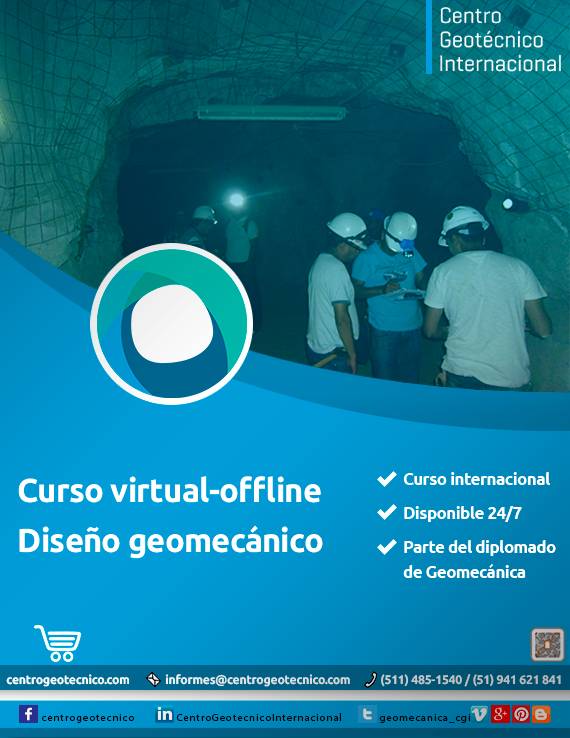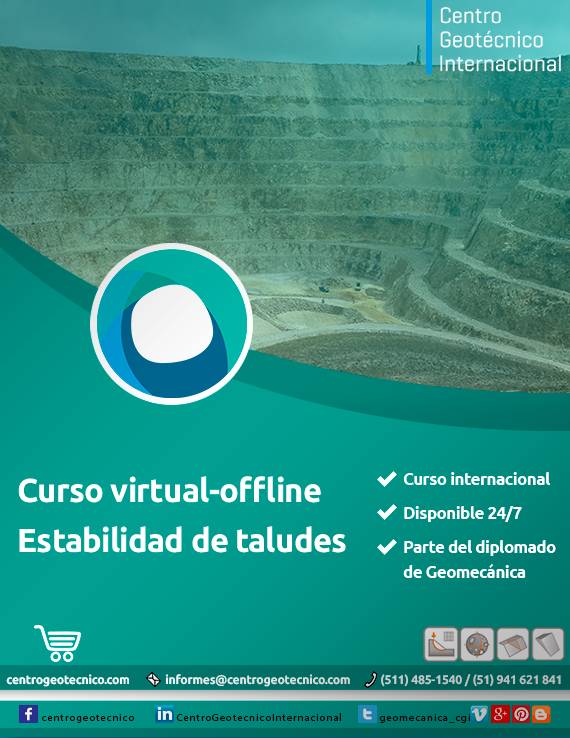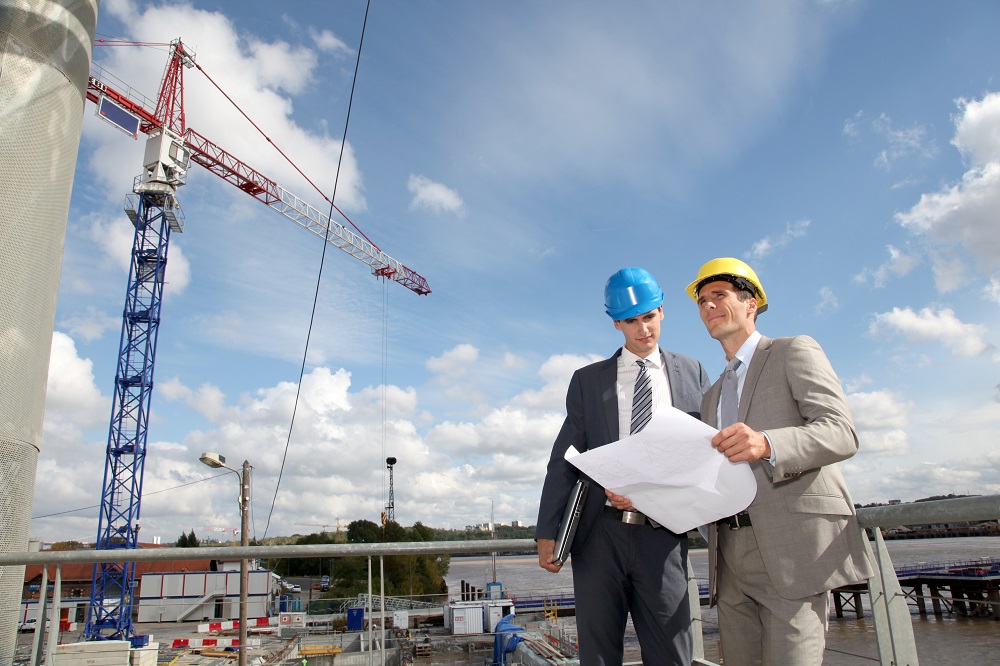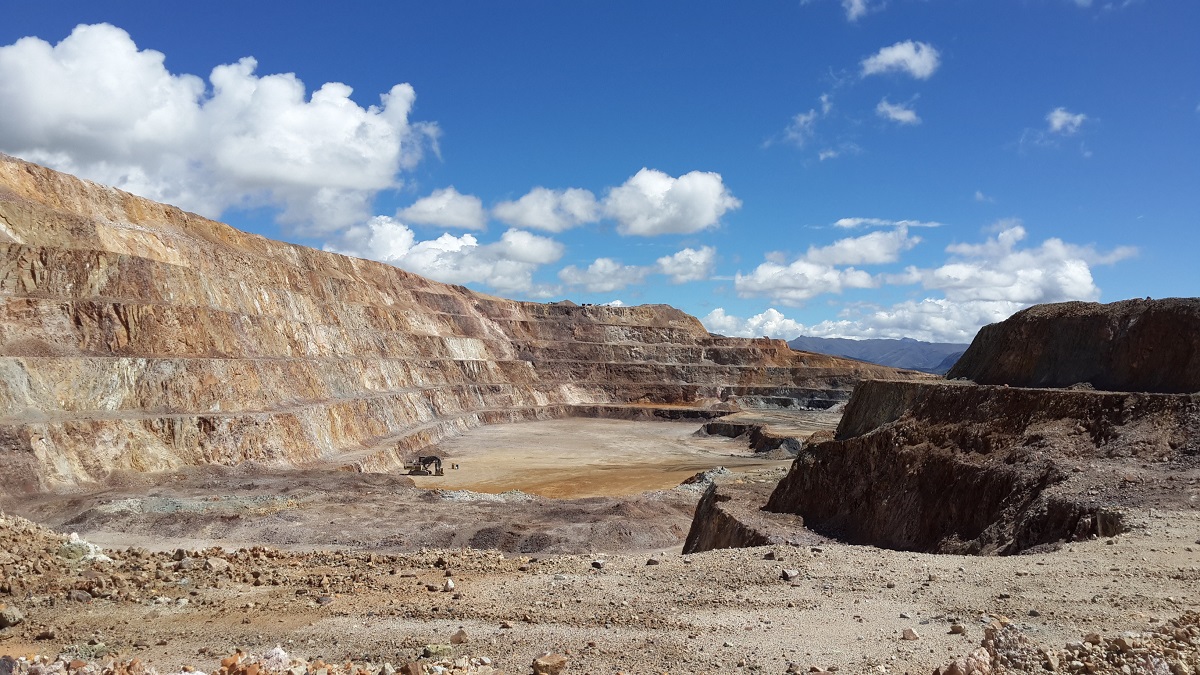DIPLOMA IN GEOMECHANICAL MODELING FOR UNDERGROUND AND SURFACE MINING
Training modality
- 100% virtual offline modality (asynchronous, without class schedules, access 24 hours a day, all year round)
Duration
7 months
200 academic hours
Start date
Whenever you wish (activations available from May 15, 2025)
AVAILABLE IN ALL COUNTRIES

The International Diploma in Underground and Surface Geomechanical Modeling will provide you with theoretical and practical knowledge related to the use of two- and three-dimensional software that applies methodologies such as the Finite Element Method (FEM) and the Limit Equilibrium Method (LEM), among others, developed by Rocscience. The program aims to explore various applications in soils and rocks, enabling participants to model excavation designs, slope stability, groundwater seepage, probabilistic analysis, consolidation, dynamic analysis capabilities, supports, foundations, and embankments.
Additionally, it allows for the evaluation of the safety factor in circular and non-circular failure surfaces in landslides, MSE walls, soil nail-supported slopes, and more—even considering failures in any direction. By the end of the program, participants will be proficient in the commands used at each stage of modeling, calculation, and result interpretation.es.
► Receive the certificates and diploma in the name of the International Geotechnical Center.
► Receive training from a speaker with extensive experience in the field.
► Receive materials for each module, such as slides, manuals, and data that you can keep.
► Access to view the class videos for the modules through the CGI Virtual Campus.
► Ability to make necessary academic inquiries through the CGI Virtual Campus forum.
► Access the modules from wherever you are through your computer and the Internet.
► You will have a privileged view of the classes compared to an in-person diploma program.
► Module 1: RocData Software - Unwedge - RocSupport - RocPlane - Swedge
* RocData Software
* Software Unwedge
* RocSupport Software
* RocPlane Software
* Software Swedge
► Module 2: Dips Software
* Introduction to Stereographic Projections
* Intersection of Two Planes
* Kinematic Analysis in Underground Workings
* Structural Stability of Underground Excavations
* Using Dips Software
- Introduction to Dips Software
- Dips Overview
- Sidebar Control Panel
- Shortcut Toolbar
- Orientation Format Settings
- Traverses
- Terzaghi Weighting
- Drawing Module in Dips
> Pole Plot: Stereographic Pole Projection
> Scatter Plot: Scatter Plot of Poles
> Contour Plot: Contour Plots
> Major Plane: Principal Planes
> Rosette Plot: Rosette Plot
* Kinematic Analysis of Underground Excavations
* Case Development Using Dips Software
* Kinematic Analysis of Slopes
* Kinematic Analysis of Slopes (theory)
* Kinematic analysis of slopes (Dips software application)
► Module 3: Phase2 Software
* Introduction to the Finite Element Method (FEM)
* FEM Basics
* Developing FEM Models for Practical Problems
- Phase2 Overview
- Phase2 Setup
- Phase2 Features
* Elements of Geotechnical Modeling
- Model Development (Geometry Construction, Meshing, Loads and Boundary Conditions, Analysis Options)
- Material Models and Constitutive Relationships
- Mesh Refinement and Sensitivity
- Interpreting Results
- Model Verification and Validation
- Tips, Limitations, and Pitfalls in FEM Modeling
* Designing Excavation Support Systems
- Support Types (Bolts, Liners, Structural Elements)
- Model Development and Interpretation of Results
- Analysis and Design of Underground Excavations
- Applying Stage (Stages) and Load Split in Materials
* Real-life Case Studies
- Case Studies in Rocks and Soils
* Stress State of Rock Mass
- Introduction to Stress State of Rock Mass
- Workshop - Phase2 Software Application: COPHA Methodology (Phase2 Configuration), Stress Data Entry and
Configuration
► Module 4: RS2 v2019 Software
* Introduction to Stress Analysis
- Stress and Strain Concepts
- Stress-Strain Relationships
- Two-Dimensional Analysis
- Ultimate Strength Models for Soils and Rock Masses
* Introduction to the Finite Element Method (FEM)
- FEM Basics
- Developing FEM Elements for Practical Problems
* RS2 Overview
- RS2 Configuration
- RS2 Features
* Elements of Geotechnical Modeling
- Model Development (Geometry Construction, Meshing, Loads and Boundary Conditions, Analysis Options)
- Material Models and Constitutive Relationships
- Mesh Refinement and Sensitivity
- Interpreting Results
- Model Verification/Validation
- Tips, limitations, and difficulties in FEM modeling
* Design of excavation support systems
- Support types (bolts, liners, structural elements)
- Model development and interpretation of results
* Underground excavation analysis
- Underground excavation analysis and design
- Application of Stage and Load Split to materials
* Surface excavation analysis
- Shear strength reduction (SSR) method
- Modeling of joints and discrete fracture networks
* Stress state of the rock mass
► Module 5: RS3 2020 v4.0 Software
* Introduction to RS3 Software
- RS3 Configuration
- RS3 Features
* Elements of Geotechnical Modeling
- Model Development (Geometry Construction, Meshing, Loads and Boundary Conditions, Analysis Options)
- Material Models and Constitutive Relationships
- Mesh Refinement and Sensitivity
- Joint Modeling
- Interpretation of Results
- Model Verification/Validation
- Tips, Limitations, and Pitfalls in FEM Modeling
* Design of Excavation Support Systems
- Support Types (Bolts, Liners, Piles & Forepoles, and Beams)
- Model Development and Interpretation of Results
* Analysis of Underground Excavations
- Workshop: Tutorial Development and Study of cases
* Analysis of surface excavations
- Shear Strength Reduction (SSR) Method
- Workshop: Tutorial Development and Case Studies
* Groundwater and Surface Water Analysis
- Water Table, Steady Flow, Transient Flow, and Pore Pressure
- Finite Element Method (FEM) Groundwater Filtration
- Relief Wells in Dams
- Wick Drains to Accelerate Consolidation
- Workshop: Tutorial Development and Case Studies
* Shallow and Deep Foundations
- Shallow Foundations (Cyclopean Foundations, Footings, and Foundation Slabs)
- Deep Foundations (Piles and Diaphragms)
- Workshop: development of tutorials and case studies
► Module 6: Slide2 v2018 Software
* Introduction to slope stability analysis - Failure modes in soil and rock slopes - Limit equilibrium methods (LEM)
* Slope stability analysis - Slope construction tool in Slide: File generation in AutoCAD, conversion of CAD files to
DXF, Importing files into Slide, project generation, definition of materials, input of laboratory tests of soils and
rocks, analysis methods, types of failure surfaces, defining failure surfaces and search methods, types of loads,
supports, resistance models - Interpretation of results and model validation
* Advanced aspects in slope analysis - Determination of the failure surface with the minimum safety factor - Failure
surface optimization techniques
- Use of support and reinforcement to improve slope stability
* Probability and sensitivity analysis
- Review of basic probability and statistical distribution concepts
- Monte Carlo and Latin Hypercubic simulation
- General probability of slope failure and prediction reliability
* Groundwater analysis
- Review of groundwater in slopes
- Seepage analysis using finite element methods (FEM)
- Effects of steady and transient seepage on slope stability
* Case study development (Slide software workshop)
► Module 7: Slide3 2020 v3.0 Software
* Introduction to Slide3 software
- Importing files into Slide3, project generation, defining materials, entering soil and rock laboratory tests, analysis
methods, failure surface types, defining failure surfaces and search methods, load types, supports, and strength
models
- Interpreting results and validating the model
- Workshop: Tutorial development and case studies
* Advanced aspects of slope analysis
- Determining the minimum factor of safety failure surface
- Failure surface optimization techniques
- Workshop: Tutorial development and case studies
* Support for slopes and shallow excavations
- Use of support and reinforcement to improve slope stability
- Workshop: Tutorial development and case studies
* Probabilistic analysis
- Review of basic probability and statistical distribution concepts
- Monte Carlo and Latin Hypercubic simulation
- General probability of slope failure and prediction reliability
- Workshop: Tutorial development and case studies
* Groundwater analysis
- Review of groundwater in slopes
- Seepage analysis using finite element methods (FEM)
- Effects of steady and transient seepage on slope stability
- Workshop: Tutorial development and case studies
* Wedge surface analysis and modeling
- Workshop: Tutorial development and case studies
* Materials analysis and modeling
- Material models Anisotropic (One-plane, two-plane, and generalized anisotropy)
- Weak layers (Weak surface)
- Workshop: tutorial development and case studies
► Module 8: Thesis Project
* Definition of lines of research
* Advice and support in the development of the thesis
* Review of the theses
The modality presented is the “Virtual-OFFLINE” (Virtual asynchronous). At the end of each course, you must take an exam to pass it and move on to the next course.
You will be assigned the tutoring of a specialist and there will be no limitations in terms of access hours or consultations with the speaker, this promotes that you be trained efficiently. The hours dedicated to each module must be managed assertively to optimize the benefit. You will experience all of the above through our virtual campus, which will also allow us to monitor your progress.
Professionals and technicians who work in mining, construction and/or energy companies and are working in the areas of engineering, rock engineering, rock mechanics, planning, geotechnics, geomechanics, geology, mining safety and professionals who require greater knowledge her.
Likewise, professionals from mining contracting companies, infrastructure, consultants, university professors and students and the general public who are involved in the topic.
7 months. 200 academic hours are accredite
Whenever you wish (activations available from May 15, 2025)
- Enrolled in different online courses
"I appreciate for the knowledge as it improves my knowledge for rock mechanics as applied in tunneling and open pits excavations. Best to acquire the knowledge regarding the rock mechanics for support and excavation in mining Works”
Thomas Joachim Lyaupe
Project geologist
Tanesco
TANZANIA

"The course was interesting and for me as a professional it can be implemented in my works. The course diploma that i had enroll right now is really added to my knowledge in mining geomechanics. The lecturer here is also very competent so what they teached us is understanable”
Arthur Gemas Pradhana Nayoan
Geologist - Exploration and Geotechnics
PT Billy Group Indonesia
INDONESIA

"I have just finished my first module of the course. I can say that this module was complet, I had a general concept of all the area involved in Rock Mechanics and could develop a basic and valuable knowledge of the principles of the Rock Mechanics. I strongly recommend this course. Excited for the next modules. I am really enjoying the course. I will probably start another course with CGI in the future”
Juliano Fabris
Geotechnical Engeneering - Geologist
Balfour Beatty
ENGLAND

“The course is entirely exciting and well added with enough required theoretical and practical study materials. It's very well developed in accordance with the demand of current need of knowledge in the tunneling industry. It was nice experience throughout the registration”
Sushant Gaurav
Balfour Beatty
Geologist - Tech Specialist - Design & Engineering
INDIA

"The diploma is a valuable and specialized educational program that equips students with the necessary skills and knowledge to pursue a career in this field. Before the end, I've been promoted from Geotechnical technician to Junior geotechnical engineer, as I started demonstrating a better understanding of Geotechnical concepts and applications in underground mine. The recommendations and observations provided earlier can help enhance the learning experience for students and further improve the effectiveness of the diploma program. I strongly recommend this diploma to those wanted to acquire knowledge in geotechnics. Congratulations to the staff and thank you for the support”
Zoubga Patindsongré Ahmed Jaber
Geotechnical Technician
Endeavour Mining - Mana Mine
BURKINA FASO

To serve you correctly, we handle different quotes that are based on the different needs of our clients.
We have implemented an automated system that will take care of it. We would appreciate it if you register and the system will automatically send you the email you register:
► Brochure of the diploma (modality, duration, curriculum, others)
NOTE: This registration will not generate any commitment with our institution, the objective is to be able to send you the information of the graduate.
Survey of 100% enrolled students based on a scale of 1 to 5.
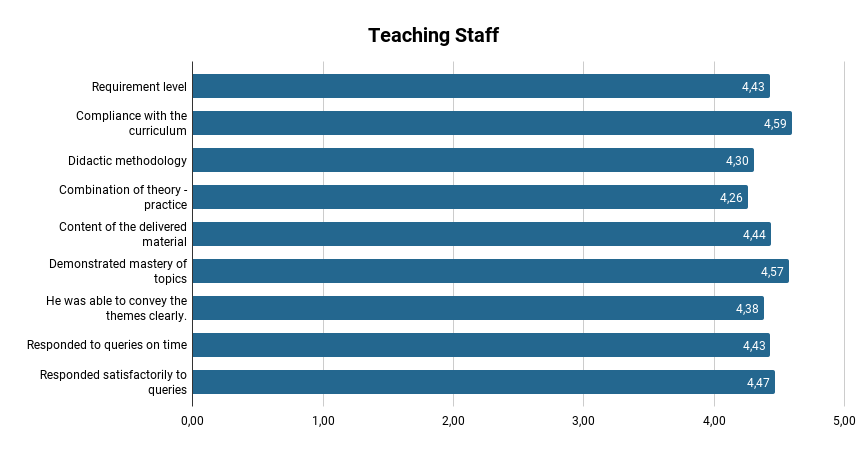




It is recommended that the registrant must have the following:
• Personal computer
• A fast internet connection that guarantees fluidity in classes
• A valid and up-to-date license for the software to be used before starting classes
In order to enroll in our courses, write to the following email: information@centrogeotecnico.com
For consultations contact the following telephones:
CGI PERÚ: ✆Fijo:(511) 485-1540 / 642-9705, Móvil-Whatsapp (51) 933 740 231
CGI CHILE: ✆ Fijo:(56) 232109658
CGI MEXICO: ✆ Fijo:(52) 5541708066
CGI ARGENTINA: ✆ Fijo:(54) 1152188717
CGI USA: ✆ Fijo:(1) 3473445811
CGI INTERNACIONAL: Mobile-Whatsapp (+51) 933 740 231
We can also assist you online through our chat (see in lower right corner).
1. When does the Diploma start?
Answer:
The diploma does not have a start date, since it is developed in the virtual offline mode. You can start at any time, depending on your time availability. Likewise, the development of the diploma is individual, it is not required that there be a number of participants for the diploma to start.
2. Is there a specific start date or can I access it whenever I want, once the amounts have been paid?
Answer:
You can start the diploma course immediately, if you request it. The activation of the same is carried out in a time not exceeding two business days.
3. I see that in the diploma course you use some softwares. Do you facilitate the softwares? If I don't have any software, Phase2 for example, do you provide any facility to get them?
Answer:
We do not grant the software that will be used in the workshops because it is copyrighted by the Rocscience firm. We have a module on the virtual campus which will give you access to request a temporary license from the firm Rocscience. Rocscience on average takes 24 hours to send you the download links and you will be able to use it for about 15 days. The programs with a temporary license are complete and there are no limitations in their functions and they allow you to record the cases that you develop in them.
4. If one of the softwares is new to me, in the content of the diploma do you teach its management?
Answer:
Yes. Software is applied in all Diploma modules. It starts at the basic level and progresses to advanced levels. There is the possibility of developing cases raised by students.
5.- Is the modality that you apply 100% virtual? In my case, I am in Costa Rica.
Answer:
Yes, it will be developed on a virtual platform from which the teacher and students will connect to the class, only with a computer and the Internet you will be able to participate. The diploma is available in all countries.
6.- I have taken virtual courses and diplomas in other institutions and I have bad experiences (my questions were never answered, I did not have the support of the tutor, I had problems accessing the virtual campus, among others). Why should you trust the International Geotechnical Center?
Answer:
We are sorry for the bad experience you had. One of the pillars of success of our institution is that it is directed by specialists in Geomechanics and Geotechnics (and this is vital to differentiate ourselves from the competition). The aforementioned guarantees us to know our clients and their needs (specialized curriculum, atypical work rhythm, remote location in some cases, others). This is why the International Geotechnical Center has developed training programs that meet the needs of professionals. The hundreds of clients who have trusted us attest to this.
7.- I am a technician with experience in Geomechanics. Can I participate in the diploma course?
Answer:
Yes. Technicians, university students, engineers, masters, doctors, post-doctors and the general public related to the professional field can participate in the diploma.
8. I reside in Argentina. I would like to know if the certificates and diploma of the diploma are valid in my country.
Answer:
Our diploma course does not grant you a degree unlike a professional career or another. Its objective is to specialize in Geomechanics and Geotechnics. If required by the employer or other institution, to verify that you have taken a course, program or diploma with us, we have a verification system. Each certificate and diploma has a unique identification code.
9. Do you indicate in the certificate the virtual modality and who certifies?
Answer:
The certificates do not indicate the virtual modality of the diploma. Certificates and diplomas are issued by the International Geotechnical Center.
10. Are there discounts for registering multiple people? We are three engineers from a company in Colombia.
Answer:
We do have discounts. You can check our special group prices.
11. I am currently unemployed. Are there special prices for these cases?
Answer:
CGI's policy is always to support all of our clients. We have cash and parts payment facilities. Contact us at: information@centrogeotecnico.com
12. I have never been trained virtually. Will it be difficult to train?
Answer:
It is not difficult to train. The platform to be used is very intuitive and easy to use, in addition, you will have an advisor who will guide you in case your access is complicated.
INFORMATION AND QUERIES:
We can attend to your queries regarding our Diploma course.
Please provide us with some information so a representative can reach you
